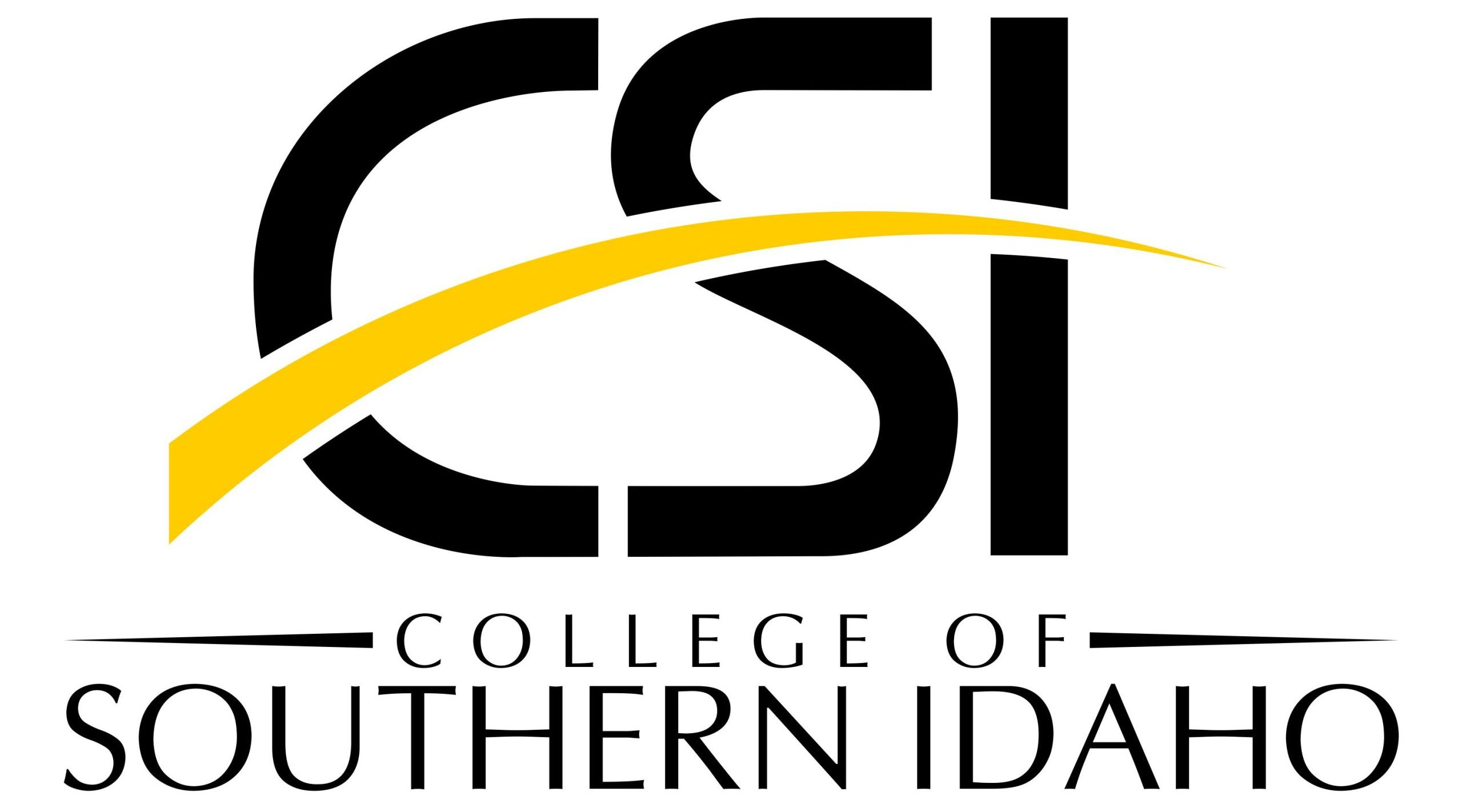You don’t have to take our word for it…*
Boettcher, J.V. & Conrad, R. M. (2010) E-Coaching Success Tips http://www.designingforlearning.info/services/writing/ecoach/index.htm Accessed May 30, 2011. A library of over 80 tips developed over 2006 – 2010.
Boettcher, J. V. (2007). Ten Core Principles for Designing Effective Learning Environments: Insights from Brain Research and Pedagogical Theory. www.innovateonline.info/index.php?view=article&id=54. (February 16, 2009).
Boettcher, J. V., & Conrad, R. M. (2010). The Online Teaching Survival Guide: Simple and Practical Pedagogical Tips (1 ed.). San Francisco: Jossey Bass.
Conrad, R. M. and Donaldson, J. A. (2004). Engaging the online learner: Activities and resources for creative instruction, Jossey-Bass <www.josseybass.com> Pp. 123.
Fischer, K. Reiss, D. and Young, A. (2005). Ten tips for generating engaged online discussion. Austin, TX, University of Texas. http://wordsworth2.net/activelearning/ecacdiscustips.htm (Accessed August 27, 2007) A helpful set of concise tips that offer ideas and suggestions for being effective at facilitating discussions in electronic environments. More tips on getting started in online active learning are at <wordsworth2.net/activelearning/ecacteachtips.htm>.
Garrison, D. R., Anderson, T., and Archer, W. (2000). Critical Inquiry in a Text-Based Environment: Computer Conferencing in Higher Education. The Internet and Higher Education2(2/3): 87 – 105.
Goodyear, P. (2002) Psychological foundations for networked learning. Networked learning: perspectives and issues. Pp. 49-75 2002. Springer-Verlag. New York, Inc.
Grogan, G. (2005). The Design of Online Discussions to Achieve Good Learning Results. Retrieved August 27, 2007 from www.elearningeuropa.info/index.php?page=doc&doc_id=6713&doclng=6&menuzone=1
Leamnson, Robert. Thinking About Teaching and Learning: Developing Habits of Learning with First Year College and University Students. Sterline, VA: Stylus, 1999.
“Daily immersion in a discipline, even a difficult one, involves representations being repeated until certain sets of synapses have been stabilized. The complex has become familiar. New students, even those with academic potential and good will, simply lack the brain circuitry that their teachers bring to the classroom. There is little danger in overestimating the intellectual potential of our students, but there is serious danger in overestimating the condition of their brains. If they do not catch on quickly to what appears to us obvious, it may be that we have confused the obvious with the familiar” (15).
Mabrito, M. 2004. Guidelines for establishing interactivity in online courses. Innovate 1 (2). Retrieved August 27, 2007 from www.innovateonline.info/index.php?view=article&id=12
Painter, C., Coffin C. & Hewings, A. (2003) Impacts of directed tutorial activities in computer conferencing: a case study. Distance Education 24(2): 159-174.
Pelz, B. (2004). (My) Three principles of effective online pedagogy. Journal of Asynchronous Learning Networks 8(3). Retrieved May 31, 2011from http://sloanconsortium.org/sites/default/files/v8n3_pelz_1.pdf. Requires login.
Vygotsky, L. S. (1962) Thought and language. (E. Hanfmann and G. Vakar, Trans.) Cambridge, MIT Press. pp. 344.
Vygotsky, L. S. (1978). Mind in society: The development of higher psychological processes. Cambridge, MA: Harvard University Press. pp. 159.
*Reading Rainbow. Levar Burton.

